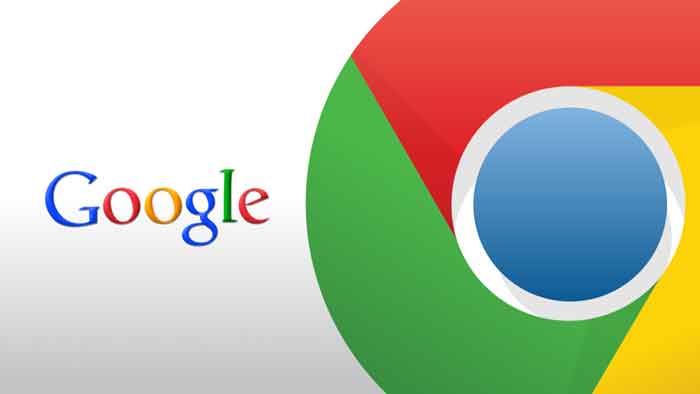Android, as of now the most broadly utilized working framework as a part of cell phones, could soon think that its way into iceboxes, entryway locks and all way of other “brilliant” apparatuses around the home.
The OS will be in the spotlight at Google’s huge I/O gathering in San Francisco not long from now. And pushing into home apparatuses, it could likewise be reached out to assume a more profound part in virtual reality, permitting Android engineers to assemble applications for cell phones or VR headsets.
Google hasn’t affirmed any of those arrangements yet, yet not surprisingly, the talk factory has been in movement. Stretching out Android to much more gadgets could help Google attract more individuals to its online administrations, and by putting the product in home apparatuses, Google could assemble further important bits of knowledge into individuals’ conduct.
Google as of now has its Works with Nest project, which lets machines converse with its indoor regulator and smoke caution for certain vitality related errands. In any case, as indicated by a report a week ago in The Information, Google is growing new innovation called Brillo that will keep running on low-controlled gadgets free of Nest with as meager as 64MB or 32MB of memory.
That implies pretty much any machine around the home—the lights, the ventilation system, a Crock-Pot—could be running Brillo and snared to the Web, so you could control them remotely from a cell phone or a PC. It’s a well-worn way that Microsoft and numerous different sellers likewise are treading, as they attempt to give programming and network to tomorrow’s Internet of Things.
At I/O, Google might likewise push Android more profound into virtual reality. In March, the Wall Street Journal reported that Google was building up a VR form of Android.
It’s less clear what that would resemble. Google could amaze us with an altogether new virtual reality headset, or even a resuscitated, VR form of Google Glass. The organization said in January it was shutting the Explorer project for Glass to concentrate on building up another rendition of the items.
Maybe more probable is an adaptation of Android that runs virtual reality applications. Such a framework could make it simpler for designers to utilize the sensors and different abilities in cell phones to make VR applications, or else bolster numerous showcases for an immersive affair. The Google I/O calendar records a few sessions concentrated on planning and creating VR applications.
In the previous couple of months, Google’s greatest rivals have been making their own particular moves in VR, the savvy home and IoT.
Microsoft disclosed HoloLens, a headset that permits wearers to communicate with holograms, and Facebook has been producing buzz with Oculus Rift before the headset is even broadly on special. Also, in the keen home, Samsung has been pushing hard with its SmartThings stage.
“I think we’ll see a little get up to speed from Google” at the current week’s I/O, said Jessica Groopman, an industry expert with the Altimeter Group.
Google has effectively dunked its toes into virtual reality. At I/O a year ago the organization flaunted Cardboard, a rough yet utilitarian VR gadget that uses lenses to make a 3D impact in the wake of embeddings an Android telephone into it. Outside designers have following made their own particular renditions of Cardboard, alongside programming for it. Google now offers a product advancement unit to software engineers creating Cardboard applications. With Cardboard, Google may have learned helpful lessons that it can convey to more complex VR programming.
Google additionally has Project Tango, one of its more best in class undertakings to make tablets and cell phones with 3D mapping and profundity detecting innovation.
Some lesser known brilliant glasses producers, similar to the Osterhout Design Group and Vuzix, which overlay content on the wearer’s field of vision, as of now run a type of Android. In any case, a more formalized Android OS for virtual reality, one that gives an in number connection to Google administrations, would advantage the organization more than the changed types of Android that occasionally show up in different gadgets, said Gartner examiner Brian Blau.
Google may have a couple of different traps up its sleeve this week also. A session facilitated by Google’s Advanced Technology and Projects gathering will present wearable innovation “we trust will brush your socks off”—a portrayal Google says it signifies “more actually than you may might suspect.” Is Google to reveal a keen sock?
There are additionally bits of gossip about an online photograph sharing administration that would exist independently from the photograph benefit in Google+.






